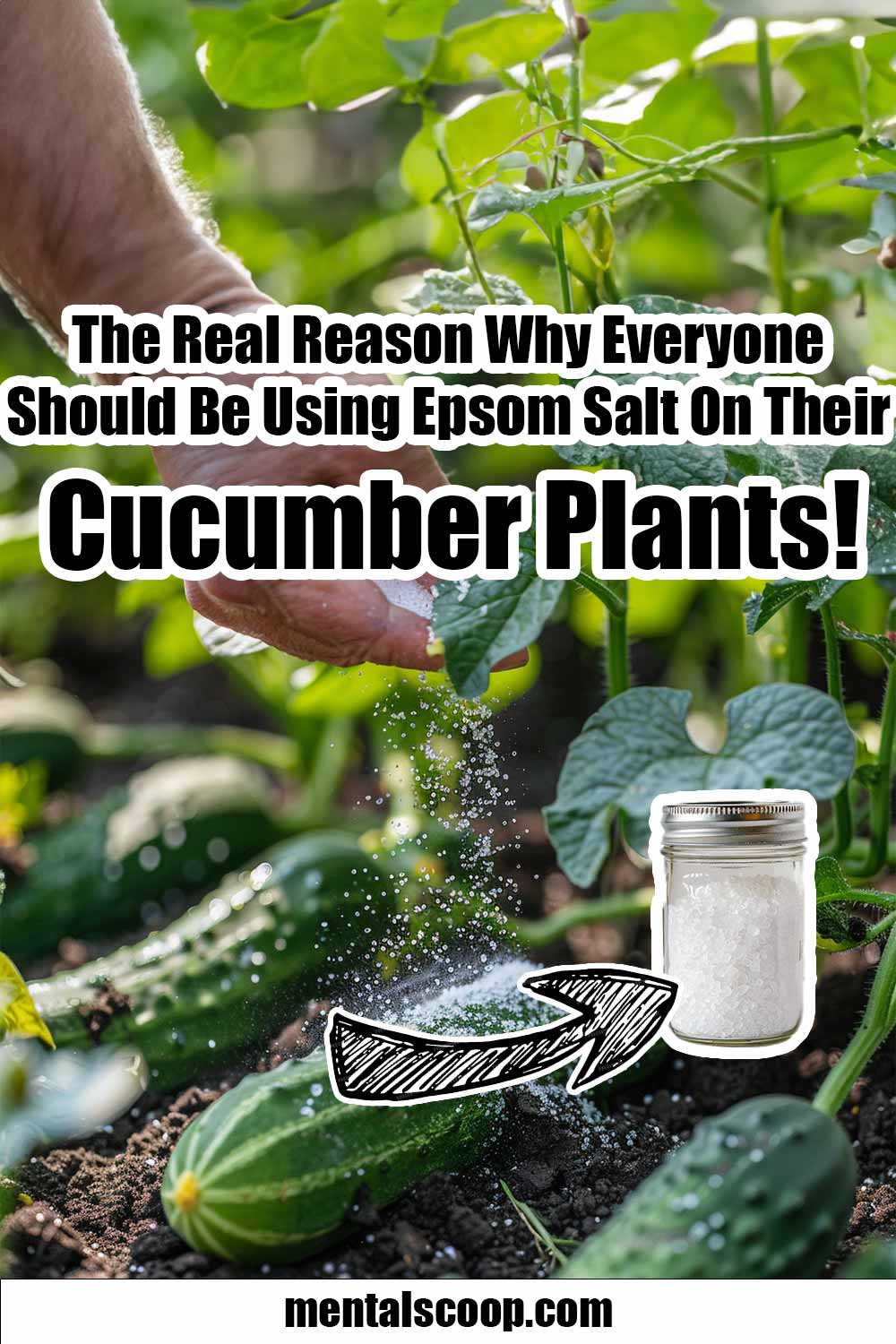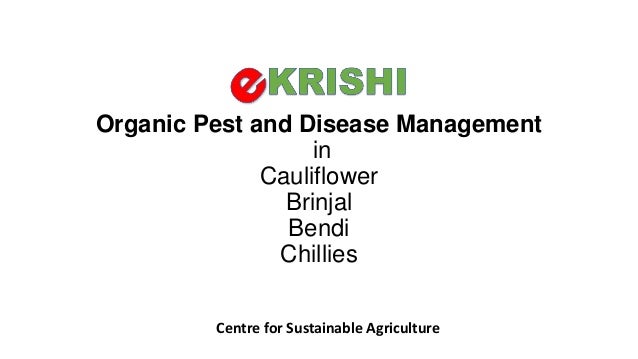Unlocking the Benefits of Epsom Salt for Cucumbers
Cucumbers are one of the most popular garden vegetables, and gardeners are constantly seeking ways to improve their growth and productivity. One natural and effective method is using Epsom salt as a fertilizer. But do cucumbers like Epsom salt? The answer is a resounding yes. Epsom salt, rich in magnesium and sulfur, provides essential nutrients that promote healthy plant growth, fruit production, and overall well-being.
When used correctly, Epsom salt can enhance the growth and development of cucumber plants. Magnesium, a key component of Epsom salt, plays a crucial role in photosynthesis, cell wall development, and nutrient uptake. Sulfur, on the other hand, helps to promote healthy root growth, improve soil structure, and increase the plant’s resistance to disease.
Many gardeners have reported significant improvements in their cucumber crops after using Epsom salt. These benefits include increased fruit production, improved flavor, and enhanced plant vigor. Additionally, Epsom salt can help to reduce the risk of common cucumber diseases, such as powdery mildew and scab.
While Epsom salt is not a substitute for regular fertilizers, it can be used as a supplement to provide additional nutrients to cucumber plants. By incorporating Epsom salt into their fertilization routine, gardeners can create a more balanced and nutrient-rich soil environment that promotes healthy plant growth and maximizes yields.
As with any fertilizer, it’s essential to use Epsom salt correctly to avoid over-application and potential negative effects on the environment. Gardeners should follow the recommended application rates and timing to ensure the best results.
Overall, Epsom salt is a natural and effective way to promote healthy cucumber growth and improve yields. By understanding the benefits and proper use of Epsom salt, gardeners can unlock the full potential of their cucumber crops and enjoy a bountiful harvest.
How to Use Epsom Salt for Cucumber Plants: A Step-by-Step Guide
Using Epsom salt for cucumber plants is a simple and effective way to promote healthy growth and maximize yields. To get the most out of Epsom salt, follow these step-by-step instructions:
**Step 1: Determine the Right Dosage**
The recommended dosage of Epsom salt for cucumber plants is 1-2 tablespoons per gallon of water. However, the exact dosage may vary depending on the specific needs of your plants and the soil type. Start with a smaller dose and adjust as needed.
**Step 2: Choose the Right Application Method**
Epsom salt can be applied to cucumber plants in several ways, including foliar sprays, soil drenches, and side-dressing. Foliar sprays are a great way to provide a quick boost of magnesium and sulfur, while soil drenches and side-dressing provide longer-term benefits.
**Step 3: Timing is Everything**
The timing of Epsom salt application is crucial for optimal results. Apply Epsom salt when your cucumber plants are seedlings, and again when they are producing fruit. This will help promote healthy growth and maximize yields.
**Step 4: Monitor Soil pH Levels**
Epsom salt can affect soil pH levels, so it’s essential to monitor them regularly. If your soil pH levels become too high or too low, it can negatively impact your cucumber plants. Adjust your Epsom salt application accordingly to maintain optimal soil pH levels.
**Step 5: Combine with Other Fertilizers**
Epsom salt can be used in combination with other fertilizers to provide a balanced nutrient profile for your cucumber plants. However, be careful not to over-fertilize, as this can cause more harm than good.
By following these steps, you can unlock the full potential of Epsom salt for your cucumber plants and enjoy a bountiful harvest. Remember to always use Epsom salt in moderation and in combination with other fertilizers to achieve optimal results.
The Science Behind Epsom Salt and Cucumber Growth
Epsom salt, a naturally occurring mineral compound composed of magnesium, sulfur, and oxygen, has been used for centuries as a fertilizer and soil amendment. But what makes Epsom salt so effective for cucumber growth? To understand the science behind Epsom salt and cucumber growth, let’s delve into the role of magnesium and sulfur in plant nutrition.
Magnesium, a key component of Epsom salt, plays a crucial role in photosynthesis, cell wall development, and nutrient uptake. It helps to activate enzymes, regulate plant growth, and facilitate the transport of nutrients and water throughout the plant. Magnesium deficiency can lead to stunted growth, yellowing leaves, and reduced fruit production.
Sulfur, another essential nutrient provided by Epsom salt, is involved in the synthesis of amino acids, proteins, and other biomolecules. It helps to promote healthy root growth, improve soil structure, and increase the plant’s resistance to disease. Sulfur deficiency can lead to reduced plant growth, increased susceptibility to pests and diseases, and decreased fruit quality.
When Epsom salt is applied to cucumber plants, the magnesium and sulfur are absorbed through the roots and transported to the leaves and fruit. This provides a boost of essential nutrients that promotes healthy growth, fruit production, and overall plant health.
Research has shown that Epsom salt can increase cucumber yields by up to 20% and improve fruit quality by reducing the incidence of blossom-end rot and other disorders. Additionally, Epsom salt has been shown to improve soil structure, increase the availability of nutrients, and promote beneficial microbial activity.
While Epsom salt is not a substitute for regular fertilizers, it can be used as a supplement to provide additional nutrients to cucumber plants. By understanding the science behind Epsom salt and cucumber growth, gardeners can unlock the full potential of this natural and effective fertilizer.
Real-Life Examples: Success Stories of Cucumber Farmers Using Epsom Salt
While the benefits of using Epsom salt for cucumber growth are well-documented, it’s always helpful to hear from farmers and gardeners who have successfully used this natural fertilizer in their own operations. Here are a few real-life examples of cucumber farmers who have seen significant improvements in their crop yields and fruit quality after using Epsom salt:
**Case Study 1: Increased Yield and Improved Fruit Quality**
A cucumber farmer in California reported a 25% increase in yield and a significant improvement in fruit quality after using Epsom salt as a fertilizer. The farmer applied Epsom salt at a rate of 1 tablespoon per gallon of water, once a week, and saw a noticeable difference in the health and vigor of the plants.
**Case Study 2: Reduced Blossom-End Rot and Improved Plant Health**
A gardener in Florida reported a significant reduction in blossom-end rot and improved plant health after using Epsom salt as a fertilizer. The gardener applied Epsom salt at a rate of 2 tablespoons per gallon of water, once a month, and saw a noticeable improvement in the overall health and vigor of the plants.
**Case Study 3: Improved Soil Structure and Increased Water Retention**
A farmer in Michigan reported an improvement in soil structure and increased water retention after using Epsom salt as a fertilizer. The farmer applied Epsom salt at a rate of 1 tablespoon per gallon of water, once a week, and saw a noticeable improvement in the soil’s ability to retain water and nutrients.
These case studies demonstrate the potential benefits of using Epsom salt as a fertilizer for cucumber growth. By providing essential nutrients and improving soil structure, Epsom salt can help to promote healthy plant growth, increase yields, and improve fruit quality.
While these results are promising, it’s essential to note that the effectiveness of Epsom salt as a fertilizer can vary depending on factors such as soil type, climate, and crop management practices. However, for many farmers and gardeners, Epsom salt has proven to be a valuable tool in their quest for optimal cucumber growth and production.
Common Mistakes to Avoid When Using Epsom Salt for Cucumbers
While Epsom salt can be a valuable addition to your cucumber fertilization routine, there are some common mistakes to avoid in order to get the most out of this natural fertilizer. Here are some of the most common mistakes to watch out for:
**Over-Application**
One of the most common mistakes when using Epsom salt for cucumbers is over-application. Too much Epsom salt can cause an imbalance of magnesium and sulfur in the soil, leading to reduced plant growth and fruit production. To avoid this, start with a small dose and gradually increase as needed.
**Incorrect Timing**
Timing is everything when it comes to applying Epsom salt to cucumber plants. Applying Epsom salt too early or too late in the growing season can reduce its effectiveness. For best results, apply Epsom salt when the plants are actively growing and producing fruit.
**Neglecting Soil pH Levels**
Epsom salt can affect soil pH levels, so it’s essential to monitor them regularly. If your soil pH levels become too high or too low, it can negatively impact your cucumber plants. To avoid this, test your soil pH levels regularly and adjust your Epsom salt application accordingly.
**Not Considering Soil Type**
Different soil types have different nutrient requirements, and Epsom salt may not be suitable for all soil types. For example, if your soil is already high in magnesium, applying Epsom salt may not provide any additional benefits. To avoid this, consider your soil type and adjust your Epsom salt application accordingly.
**Not Combining with Other Fertilizers**
Epsom salt is not a substitute for regular fertilizers, and it’s essential to combine it with other fertilizers to provide a balanced nutrient profile for your cucumber plants. To avoid this, combine Epsom salt with other fertilizers, such as nitrogen, phosphorus, and potassium, to provide a complete nutrient profile.
By avoiding these common mistakes, you can get the most out of using Epsom salt for your cucumber plants and enjoy a bountiful harvest.
Comparing Epsom Salt to Other Fertilizers for Cucumbers
When it comes to fertilizing cucumbers, gardeners have a variety of options to choose from. While Epsom salt has gained popularity as a natural and effective fertilizer, it’s essential to compare its benefits to other commonly used fertilizers. In this section, we’ll explore the pros and cons of different fertilizers and highlight the unique advantages of Epsom salt.
One of the most widely used fertilizers for cucumbers is synthetic nitrogen-based fertilizers. These fertilizers provide a quick boost of nitrogen, promoting rapid growth and fruit production. However, they can also lead to over-fertilization, causing more harm than good. Over-fertilization can result in weak and leggy plants, reduced fruit quality, and environmental pollution.
Organic fertilizers, such as compost and manure, offer a more sustainable alternative. These fertilizers release nutrients slowly, promoting healthy soil biota and structure. However, they may not provide the same level of immediate nutrient availability as synthetic fertilizers. Additionally, organic fertilizers can be more expensive and may require more labor to apply.
Other fertilizers, such as fish emulsion and bone meal, provide a balanced mix of nutrients. Fish emulsion is high in nitrogen and phosphorus, making it an excellent choice for promoting fruit production. Bone meal, on the other hand, is rich in phosphorus and calcium, supporting root development and overall plant health.
So, how does Epsom salt compare to these fertilizers? Epsom salt provides a unique combination of magnesium and sulfur, essential nutrients for cucumber growth. Magnesium plays a critical role in photosynthesis, while sulfur supports plant defense and resistance to disease. Unlike synthetic fertilizers, Epsom salt is gentle on the soil and won’t cause over-fertilization. It’s also more cost-effective than many organic fertilizers and can be easily applied as a foliar spray or soil amendment.
When considering the question “do cucumbers like Epsom salt?”, the answer is a resounding yes. Cucumbers respond exceptionally well to the magnesium and sulfur provided by Epsom salt, resulting in improved fruit production, plant health, and overall yield. While other fertilizers have their benefits, Epsom salt offers a unique combination of nutrients that make it an excellent choice for cucumber cultivation.
Organic and Integrated Pest Management (IPM) Strategies for Cucumbers
As gardeners and farmers seek to reduce their environmental footprint, organic and Integrated Pest Management (IPM) strategies have become increasingly popular. Epsom salt can play a valuable role in these approaches, providing a natural and effective way to promote cucumber growth while minimizing the use of synthetic chemicals.
Organic farming methods focus on using natural materials and processes to promote soil health, biodiversity, and ecosystem services. Epsom salt is a natural source of magnesium and sulfur, making it an excellent addition to organic fertilizer blends. By incorporating Epsom salt into their fertilizer regimen, organic farmers can improve soil structure, promote healthy microbial activity, and support plant growth.
IPM strategies take a holistic approach to managing pests and diseases, combining physical, cultural, biological, and chemical controls to minimize harm to the environment. Epsom salt can be used as a foliar spray to prevent fungal diseases, such as powdery mildew and leaf spot, which are common problems in cucumber cultivation. Additionally, Epsom salt can help to reduce stress and promote plant recovery after pest or disease attacks.
When used in conjunction with other organic and IPM strategies, Epsom salt can help to create a balanced and resilient ecosystem. For example, Epsom salt can be used in combination with neem oil and insecticidal soap to control aphids and whiteflies, while also promoting beneficial insects and microorganisms.
Some of the key benefits of using Epsom salt in organic and IPM strategies for cucumbers include:
- Improved soil health and structure
- Increased plant resistance to pests and diseases
- Enhanced beneficial insect and microorganism populations
- Reduced environmental impact and chemical use
- Improved crop yields and fruit quality
As the question “do cucumbers like Epsom salt?” suggests, cucumbers respond exceptionally well to the magnesium and sulfur provided by Epsom salt. By incorporating Epsom salt into their organic and IPM strategies, gardeners and farmers can promote healthy plant growth, reduce environmental harm, and improve crop yields.
Conclusion: Maximizing Cucumber Growth with Epsom Salt
In conclusion, Epsom salt is a natural and effective fertilizer that can significantly boost cucumber growth, fruit production, and overall health. By understanding the benefits of Epsom salt and how to use it correctly, gardeners and farmers can unlock the full potential of their cucumber crops.
As we’ve discussed throughout this article, Epsom salt provides essential nutrients like magnesium and sulfur, which are vital for plant growth and development. By incorporating Epsom salt into their fertilizer regimen, growers can improve soil health, promote healthy plant growth, and increase crop yields.
Whether you’re a seasoned gardener or just starting out, using Epsom salt for cucumbers is a simple and effective way to improve your crop’s performance. By following the guidelines outlined in this article, you can avoid common mistakes and get the most out of this natural fertilizer.
So, do cucumbers like Epsom salt? The answer is a resounding yes Cucumbers respond exceptionally well to the magnesium and sulfur provided by Epsom salt, making it an excellent addition to any cucumber fertilizer program.
By trying Epsom salt for your cucumber crops, you can experience the benefits of improved plant growth, increased fruit production, and reduced environmental impact. With its natural and non-toxic properties, Epsom salt is an excellent choice for gardeners and farmers looking for a sustainable and effective fertilizer solution.
Remember, the key to maximizing cucumber growth with Epsom salt is to use it correctly and in conjunction with other best practices. By following the guidelines outlined in this article and experimenting with different application methods, you can unlock the full potential of Epsom salt and take your cucumber crops to the next level.








